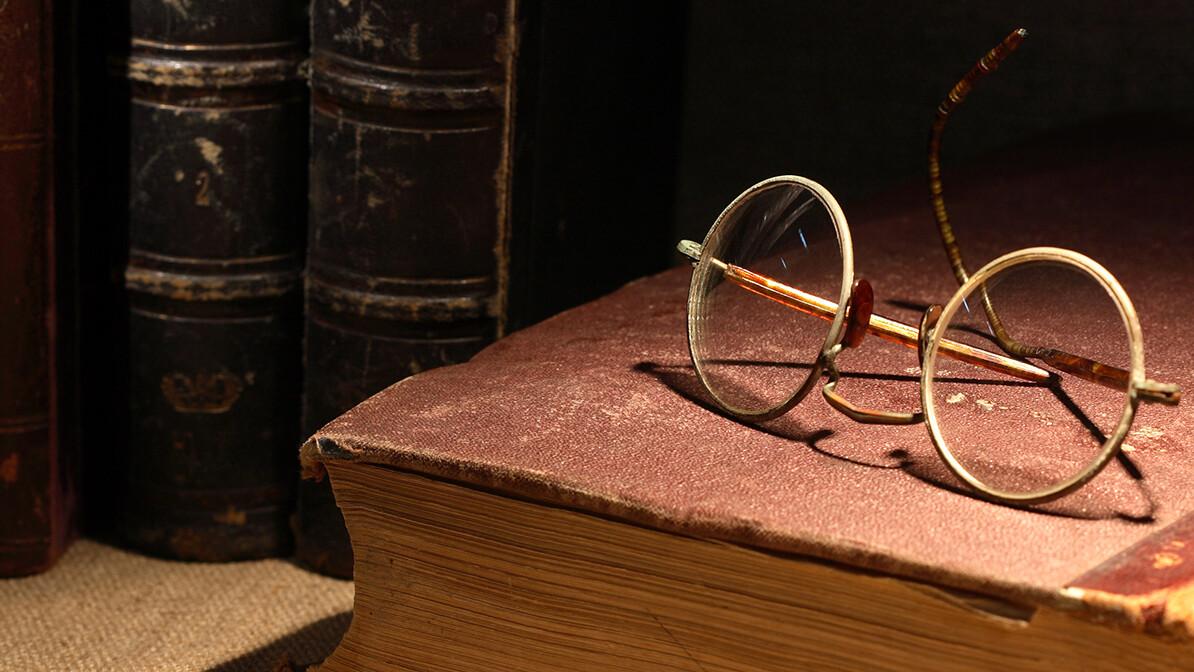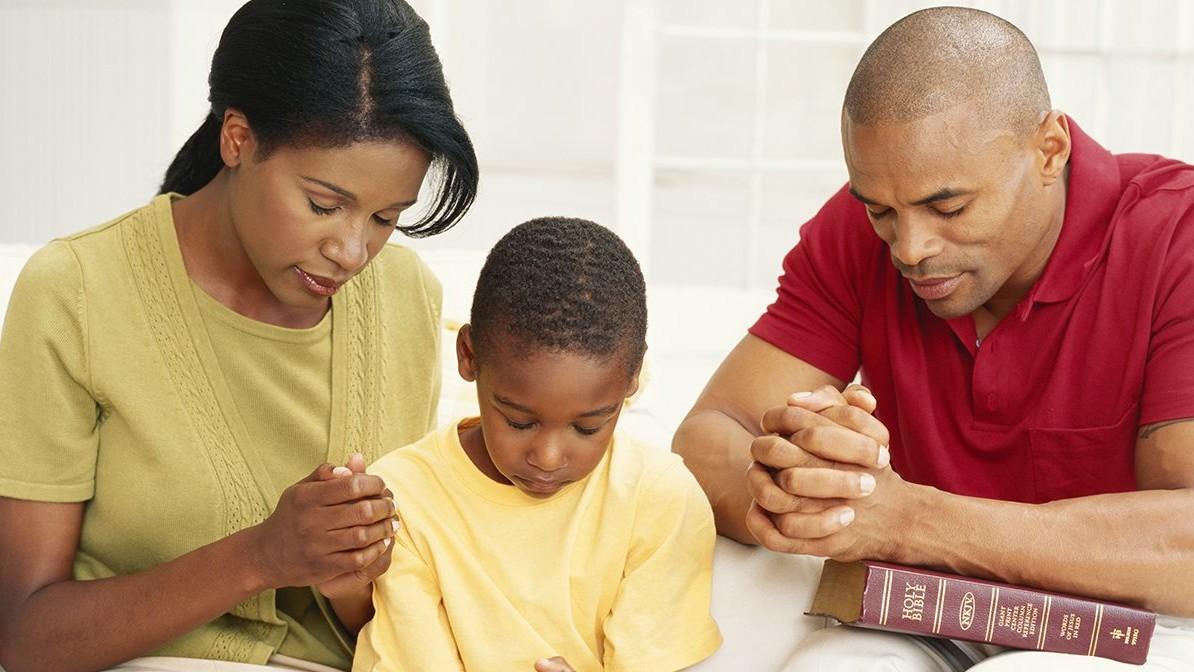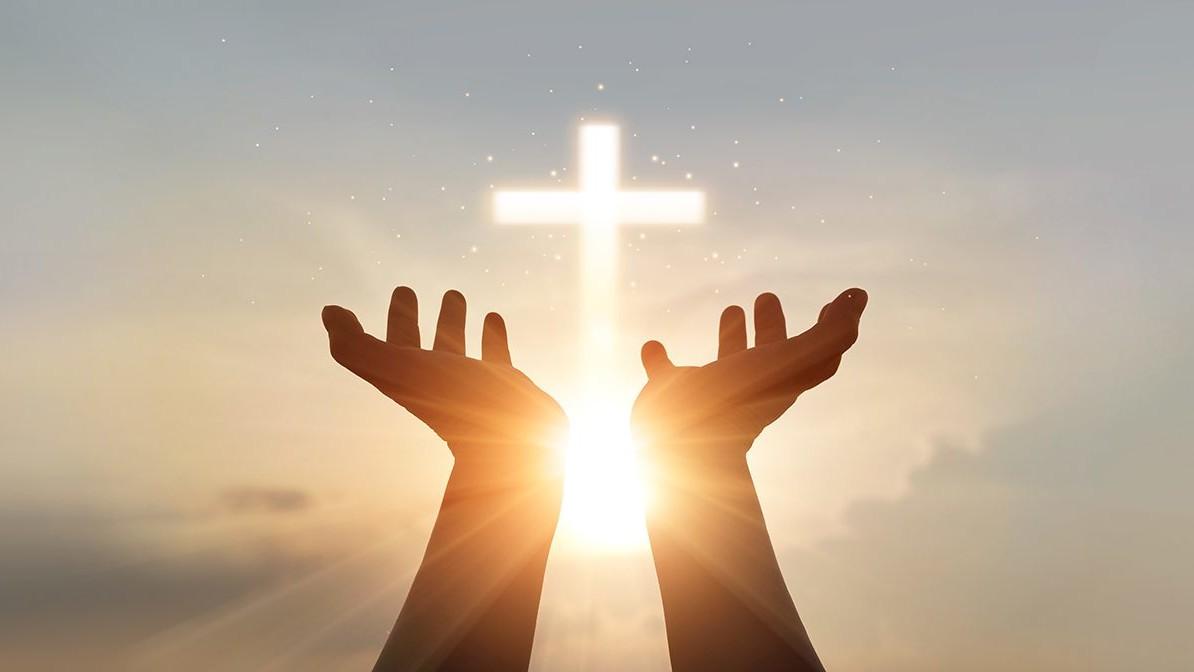Related Articles
How to Get Unstuck from Your Winter Season
If your spiritual life feels cold, stagnant, or weighed down by the past, you may be living in a…
Improve Your Blurry Vision
What if the reason you’re stuck isn’t a lack of faith—but blurred vision? This article explores how…
God’s One-Eighty: A Testimony of Rejection, Truth, and New Life
She was told God didn’t love her—until the truth set her free. Maybe, like Serena, you’ve believed…
The Power of Worship
Worship isn’t just something we do—it’s a way we draw near to God and allow Him to draw near to us.…
Next Steps To Strengthen Your Walk
Inspiration Today Newsletter
Supercharge your faith and ignite your spirit. Find hope in God’s word. Receive your Inspiration Today newsletter now!
Christian Articles
Find articles to strengthen your walk and grow your faith. We have a wide range of topics and authors for you.
Submit A Prayer Request
We are here for you. Simply click on the button below to reach us by form, email or phone. Together we will lift our hearts and voices with you in prayer.






